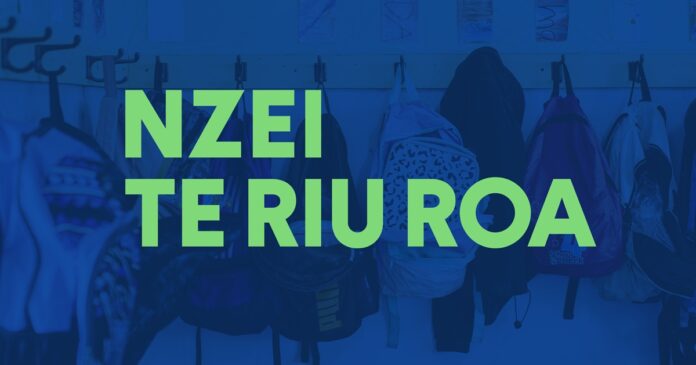Source: New Zealand Education Institute (NZEI)
The Government needs to prioritise smaller class sizes, better support for children with additional learning needs and more investment in time and advice for teachers to learn and develop professionally if it is to address declining literacy rates, NZEI Te Riu Roa says.
A new analysis Now I don’t know my ABC. The perilous state of literacy in Aotearoa New Zealand by The Education Hub has found declines in reading and writing proficiency from Year 4 (children aged 7-8) to Year 8 (ages 12-13).
“You have to ask why,” NZEI Te Riu Roa president Liam Rutherford said. “While the report authors suggest some probable causes, our members have been telling us for years the issues they’re facing.
“We all want to be the best teachers we can be, but the fact is that class sizes are too big and there is a critical need for more teachers and teacher aides.
“There is inadequate support for children with additional learning needs; and we need more time for professional development opportunities to ensure that teachers can provide tamariki with the best possible education.
“To get a shift of this nature, the Government needs to invest in major structural change in the education system.”
Last year’s Pūaotanga report by an independent panel recommended an ideal scenario for our schools and provides a blueprint for the government to address the concerning trends, he said.
“The recommendations in Pūaotanga can help fix a broken system that is almost 30 years old and not fit for purpose for the 21st Century.
“It takes a graduated and planned approach to ensure that class sizes are reduced and that our tamariki receive the education they deserve, but it needs a commitment to change now.
“We would hope this report reminds government to actively engage with the Pūaotanga recommendations — they will make a difference.”



